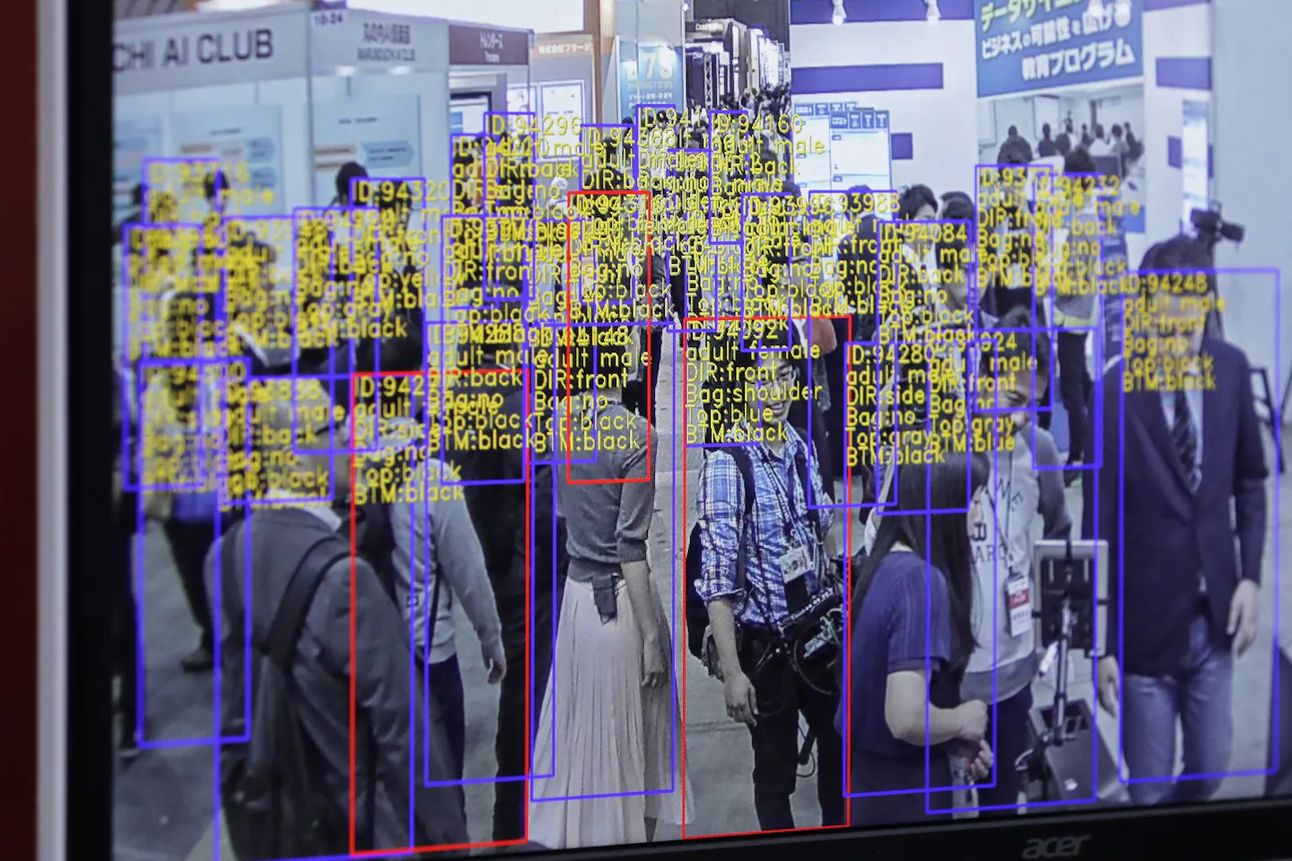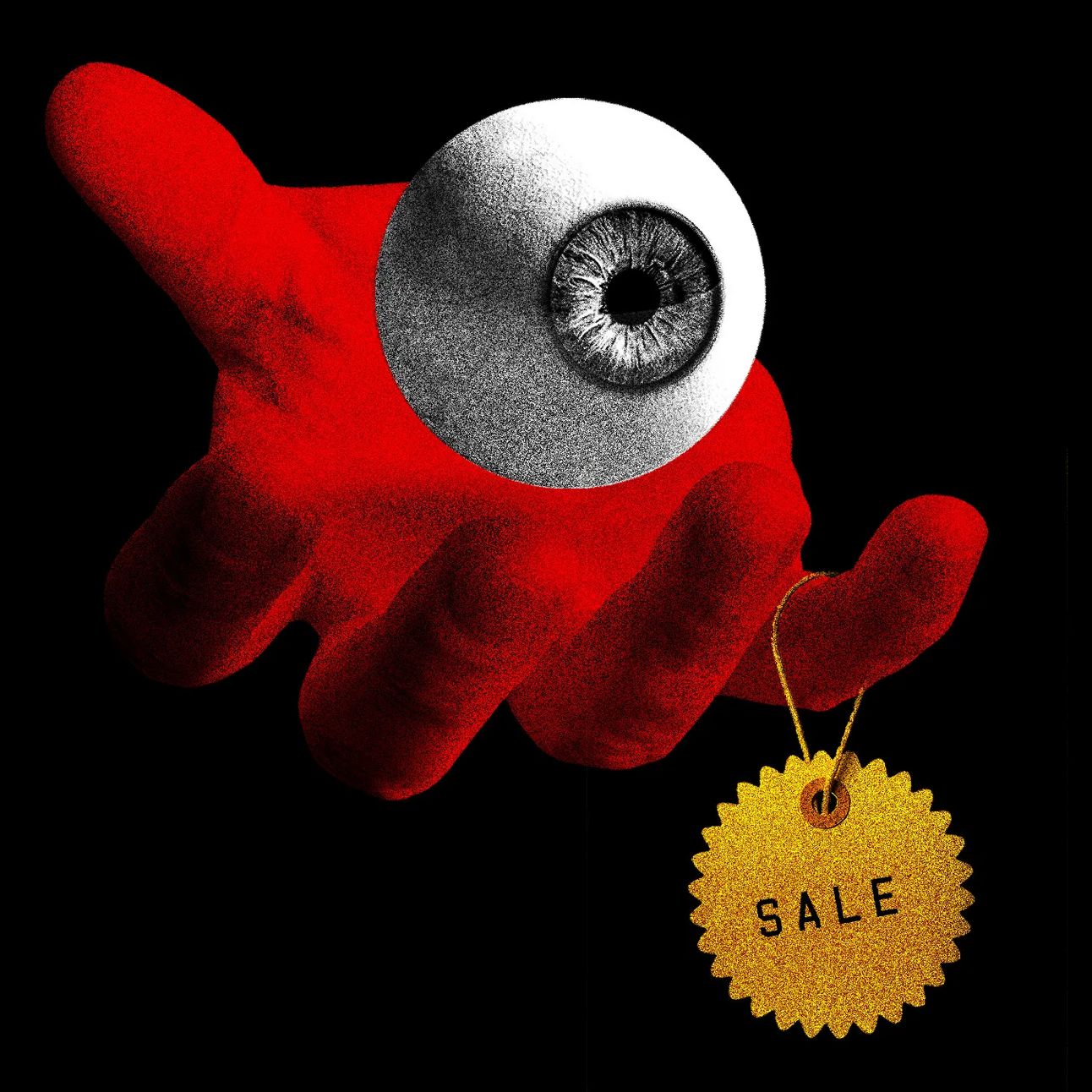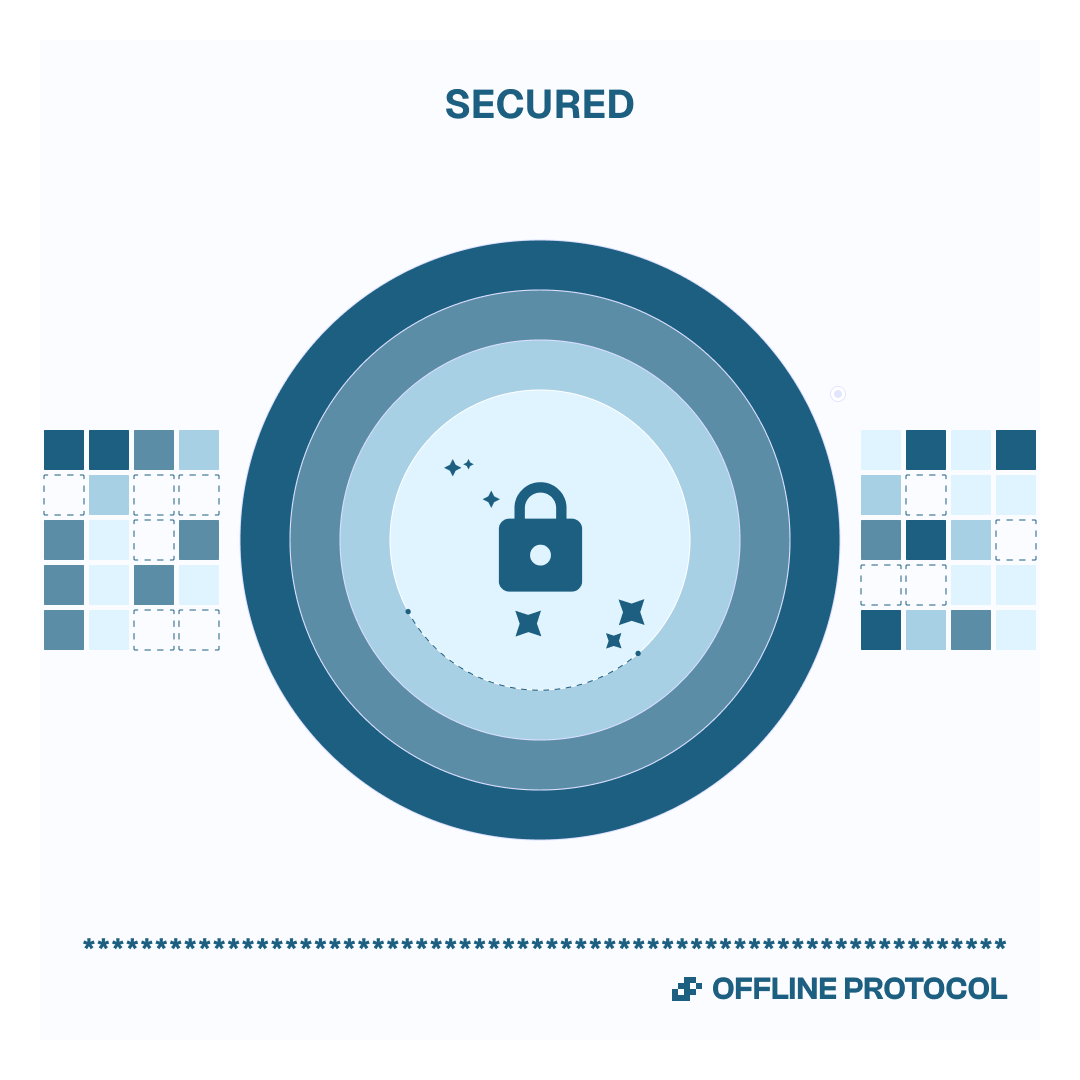- Unbreak the Internet with Offline Protocol
- Posts
- You're being tracked
You're being tracked
The death of online privacy, and the era of digital trafficking
Every click you make, every search you type, every photo you upload, it all becomes part of a vast digital dossier that follows you through cyberspace like a shadow you never knew existed. In 2025, the concept of online privacy has become almost quaint, a relic from an era when the internet was a frontier rather than a surveillance state. Your digital footprint, once an abstract concept, has evolved into a comprehensive profile more detailed than any government file, and it's being bought and sold by companies you've never heard of to influence decisions about your life that you'll never know were made. The scope of this digital surveillance is staggering and largely invisible.

The collection of your personal information happens through a sophisticated network of tracking technologies that operate largely without your awareness. Websites and apps follow your activity using cookies, analytics tools, and other tracking technologies to gather data on your preferences, location, and online behavior, all of which are passively collected and contribute to your digital footprint. This passive collection means that even when you think you're browsing privately, you're actually leaving behind a trail of digital breadcrumbs that companies eagerly scoop up.
Data brokers employ various strategies to build these comprehensive profiles, culling consumer data from both public and private sources. Public records provide a treasure trove of information including birth certificates, marriage licenses, employment history, divorce records, bankruptcy records, court records, census data, voter registrations, and motor vehicle records. But the real goldmine lies in your online activity. Browser cookies, social media accounts, online games, mobile app activity, online quizzes and forms, sweepstakes entries, and smart home devices all provide insights into your interests, online behaviors, health conditions, and demographics.
Perhaps most insidiously, you might unknowingly grant consent for online services and mobile apps to collect and sell your information buried in the fine print of their terms and conditions. Shopping behavior represents another rich vein of data, with brokers purchasing information from credit card companies, retailers, and loyalty programs to identify your purchase history, including what you buy, when you buy it, and how you pay for it. The data broker industry has become so sophisticated that these companies even buy information from one another to augment their own records, creating an interconnected web of surveillance that spans the entire digital ecosystem.
The implications of this comprehensive data collection extend far beyond targeted advertising, it creates a chilling effect where your past digital behavior becomes a permanent liability, following you through your life like a digital scarlet letter. While identity fraud, career prospects, and immigration barriers have become some of the more talked about indemnities of privacy violations recently, personal safety represents perhaps the most terrifying consequence of digital surveillance. Sharing your location through social media updates or metadata in photos can put you and your loved ones at risk, as cyberstalkers and other malicious actors can use this information to track your movements and target you. The data broker industry has made this threat even more acute, as criminals can purchase detailed personal information to identify and target specific groups. A hate group could purchase data to identify and target LGBTQ+ individuals, a scammer could purchase data to target senior citizens specifically, or an abusive spouse could get data to locate, harass, and even assault or murder their ex.
The transformation of personal privacy into a commodity represents one of the most profound shifts in the digital economy. This commodification of personal information has created a perverse incentive structure where your privacy is literally worth money to companies you've never heard of. The more intimate and detailed the information, the more valuable it becomes. As technology critic Jaron Lanier warned, "We cannot have a society in which, if two people wish to communicate, it is only possible if it's financed by a third person who wishes to manipulate them.”

One of the most disturbing aspects of digital surveillance is its permanence. This digital permanence means that every mistake you make online becomes "a ghost that haunts you forever," as Edward Snowden noted. The internet does not forget, nor does it forgive, creating a world where youthful indiscretions or momentary lapses in judgment can follow you indefinitely. This permanence is compounded by the interconnected nature of data sharing. Once you allow an organization to access your information, they could sell or share your data with third parties, creating a web of information sharing that makes it nearly impossible to control where your data ends up. The psychological impact of this digital permanence cannot be overstated. Knowing that everything you do online contributes to a permanent record creates a chilling effect on free expression and authentic communication.
The death of privacy online is not inevitable, but it requires collective action to prevent. We stand at a crossroads where we must decide whether to accept a future of comprehensive surveillance or fight for the fundamental human right to privacy. In this dystopian landscape of digital surveillance, we wanted to create a fundamental paradigm shift toward self-sovereign identity that operates entirely outside the surveillance apparatus that has captured the modern internet.

OfflineID functions as an offchain username that resolves to various pertinent user information utilized for enabling ecosystem-wide experiences. Unlike traditional digital identities that are owned and controlled by corporations, OfflineID puts you back in control of your digital existence with privacy-first architecture. While Facebook, Google, and data brokers build comprehensive profiles by tracking your every move across the internet, OfflineID operates on the principle that identity should be portable, private, and user-controlled. Your OfflineID can work across multiple applications in the Offline Protocol ecosystem, from Fernweh's offline messaging to OfflinePay's financial services, without any central authority building a comprehensive profile of your activities, and no third-parties having any control or access of your data. For the 2 billion people globally without internet access, bank accounts, or carrier services, OfflineID provides essential connectivity and financial services that operate entirely outside traditional surveillance systems.
OfflineID doesn't just protect privacy, it fundamentally restructures the economics of digital identity. While traditional platforms extract value from your data and sell it to third parties, OfflineID creates a system where you capture the value of your digital interactions. The protocol's highly subsidized subscription model allows users to claim and subscribe to unique OfflineID usernames with enhanced features, creating a direct economic relationship between users and the platform rather than the indirect surveillance-based model that dominates the current internet. This means you pay for services directly rather than paying with your privacy and personal data.
Perhaps most importantly, OfflineID creates a network effect for privacy protection. Unlike traditional privacy tools that work in isolation, OfflineID becomes more powerful as more people use it. The protocol's mesh networking technology means that each new user strengthens the network for everyone, creating a self-reinforcing cycle of privacy protection. This network effect extends to cross-platform interoperability. While traditional platforms create walled gardens that lock in your data, OfflineID works seamlessly across iOS and Android devices using standard Bluetooth and WiFi-Direct protocols. This means you're not dependent on any single company or platform for your digital identity, you truly own it. And, if you ever want to leave - you can simply request that your OfflineID, along with all associated data, is permanently scrubbed from our database and all logs and records. That’s our privacy and transparency guarantee.
In the future, our SDKs will also enable third-party applications to integrate OfflineID's privacy-preserving identity system, creating an ecosystem where privacy protection becomes the default rather than an afterthought, representing a fundamental shift from the current internet where privacy violations are built into the business model of most platforms. The protocol's privacy-by-default design means that protecting your personal information isn't something you have to actively fight for, it's built into the system's architecture. OfflineID provides a foundation for digital interactions that can survive internet shutdowns, government surveillance, and corporate data harvesting.
The choice before us is clear: we can accept a future of comprehensive surveillance where our digital identities are owned and controlled by corporations that profit from our personal information, or we can embrace technologies like OfflineID that put us back in control of our digital existence.
You can claim yours at id.offlineprotocol.com. For the next 24 hours, you can use code PRIVACY to get it for free.